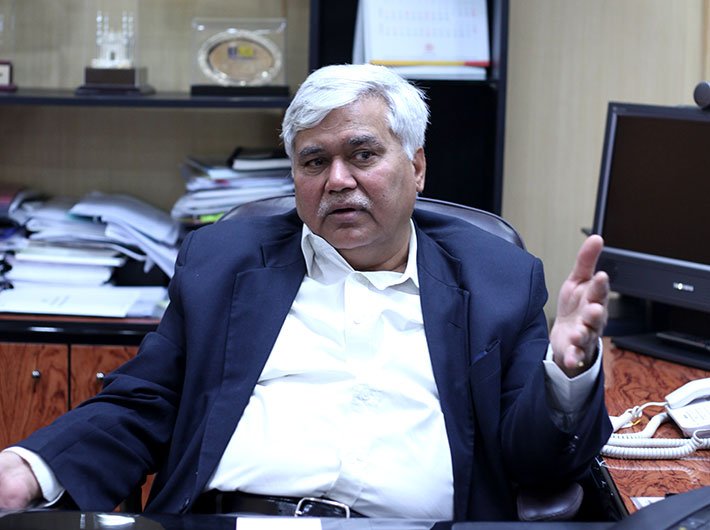Service providers can provide some content for free or on reduced tariff during “grave emergencies” like Chennai floods

Taru Bhatia | February 8, 2016 | New Delhi

The Union Cabinet, chaired by prime minister Narendra Modi, on Tuesday approved the Terms of Reference of 8th Central Pay Commission. The 8th Central Pay Commission will be a temporary body. It will comprise of one chairperson; one member (part time) and one member-secretary. It will make it
The global agri-food system faces critical sustainability challenges linked with land degradation, deforestation, water depletion, climate change, biodiversity loss, and food insecurity. Agriculture contributes to one-third of global greenhouse gas (GHG) emissions, largely driven by food waste, deforestati
The Delhi Directorate of Education (DoE), in collaboration with the Commission for Air Quality Management (CAQM) and Yuvamanthan, has formally launched “Building a Sustainable Future”, a structured initiative aimed at institutionalizing environmental education and sustainable practices in Delhi
Adding the inexpensive chemotherapy drug Carboplatin to standard treatment significantly improves survival in patients with triple-negative breast cancer (TNBC), a clinical trial at the Tata Memorial Centre (TMC) in Mumbai has found. TNBC is an aggressive form of breast cancer and lacks
A quiet transformation began in Patna in 1973 when a young journalist, Dr. R.K. Sinha, inspired by the heartfelt appeal of social reformer Jayaprakash Narayan to support ex-servicemen, made a bold decision to leave his Rs 250-a-month job that led to the creation of Security and Intelligence Services (SIS).
The environment is important for everything in our lives, whether at home, in school, or any other place of work and engagement. After all, given the concerns the planet is witnessing, finding solutions is becoming tougher. In India right now, as in any other part of the world, even though there is enough

